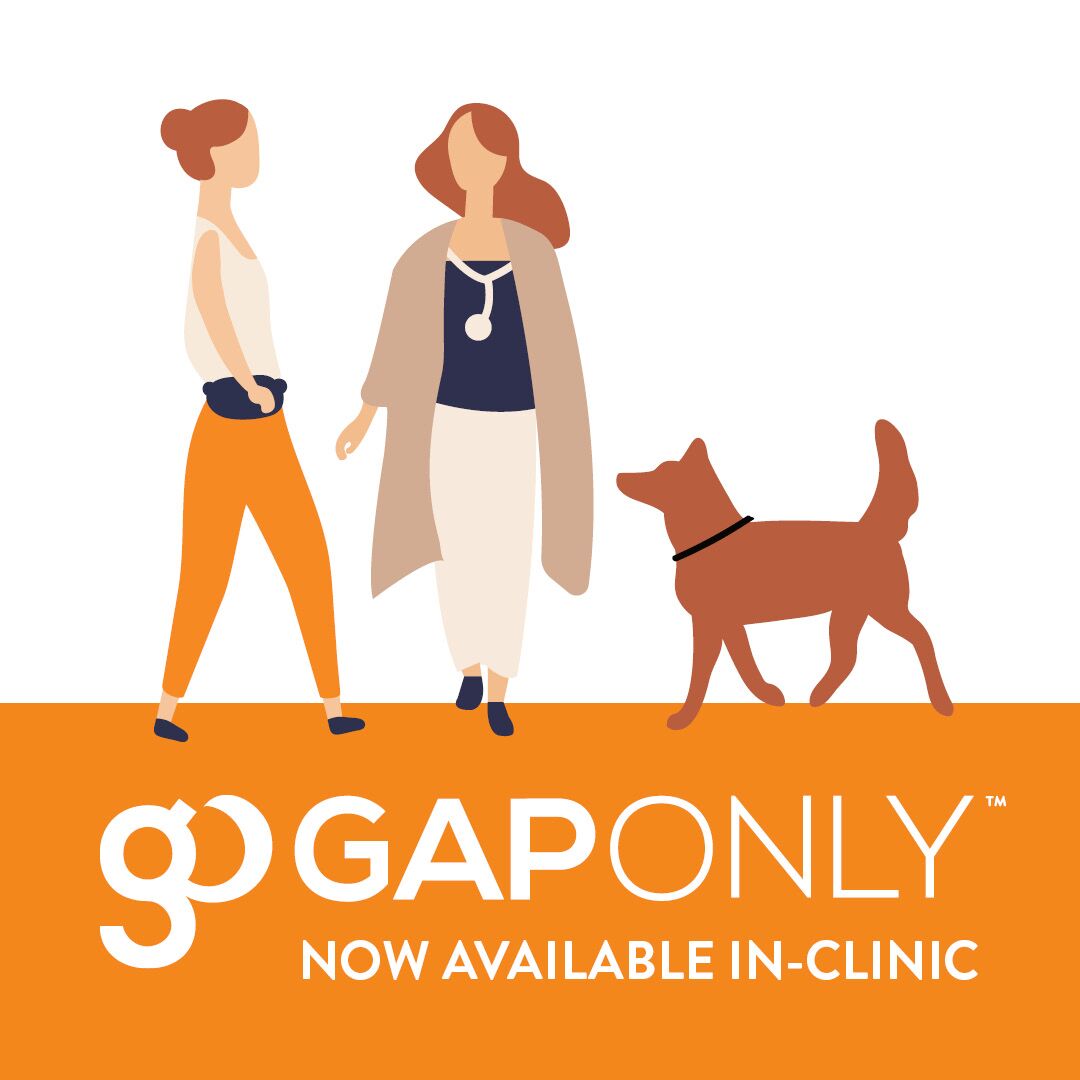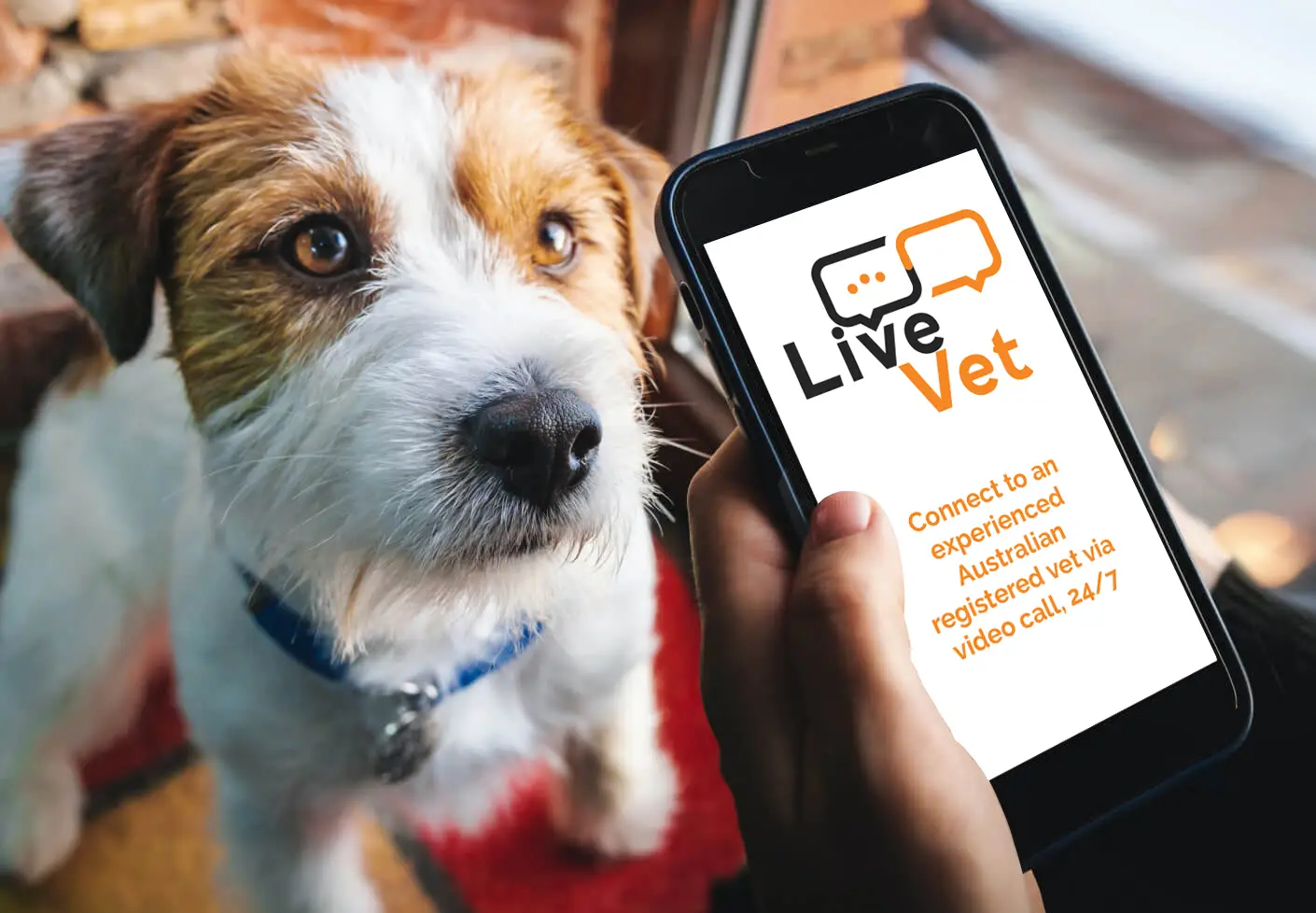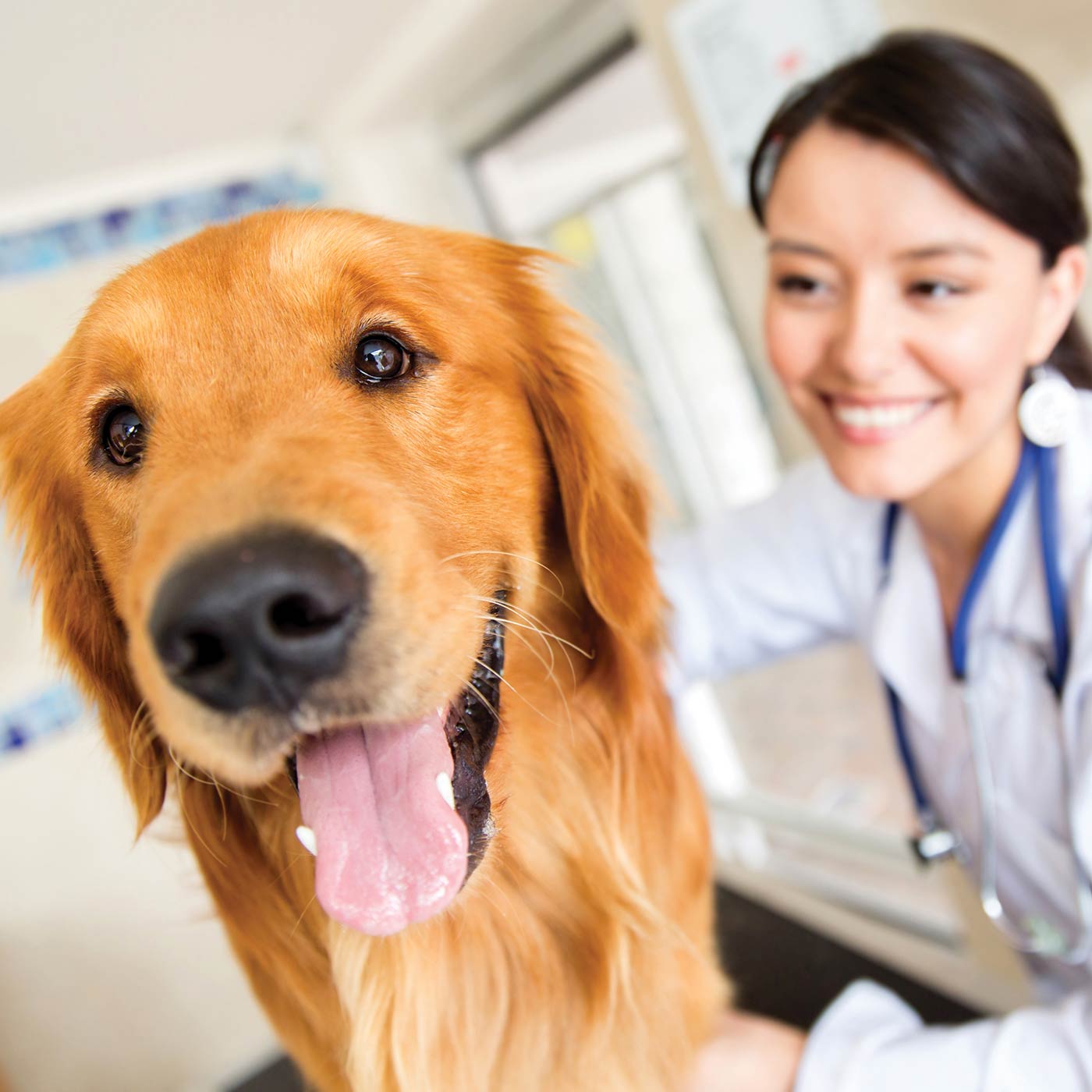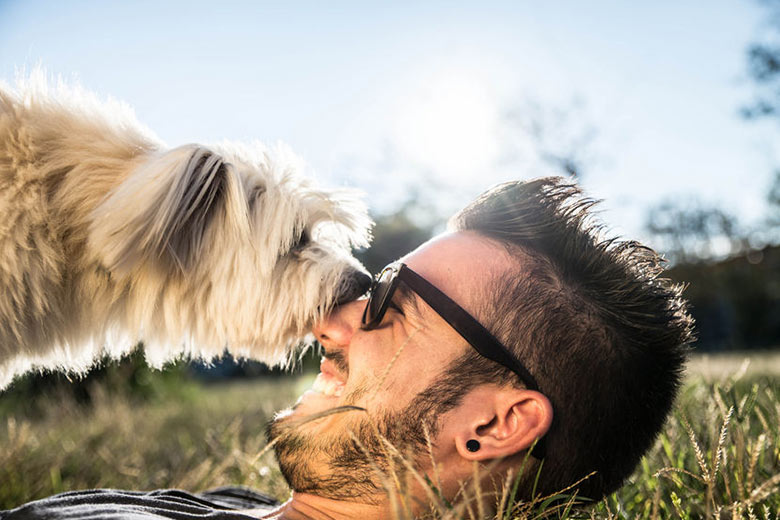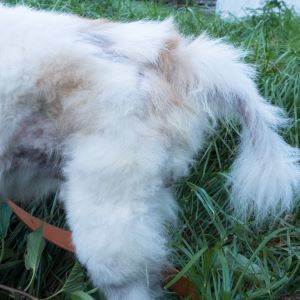Kennel Cough in dogs
Kennel Cough or infectious tracheobronchitis is a common condition that can affect both dogs and cats. It is highly contagious illness that is caused by a combination of bacterial and viral infections which target the animal’s respiratory system, similar to bronchitis or a chest cold in humans.
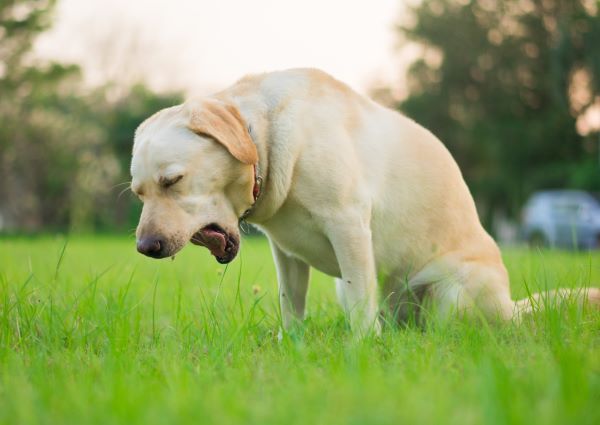
The condition is known as Kennel Cough because animals that have been exposed to overcrowded and enclosed, under-ventilated areas like boarding kennels and pounds are most susceptible to the disease. Even pets that spend a lot of time exercising in public dog parks have an increased chance of catching it from another infected animal.
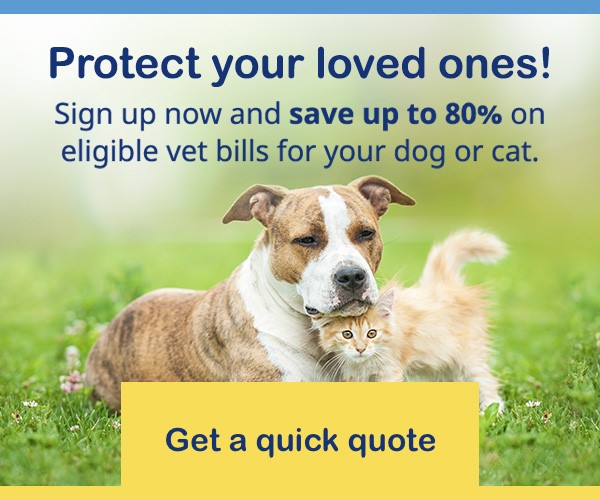 Kennel Cough can also result from exposure to excessive levels of dust or cigarette smoke in the home, no matter how well-ventilated the house may be. The condition is also much more likely to occur in animals that are already ill with another condition or are in the process of healing from an illness.
Kennel Cough can also result from exposure to excessive levels of dust or cigarette smoke in the home, no matter how well-ventilated the house may be. The condition is also much more likely to occur in animals that are already ill with another condition or are in the process of healing from an illness.
Fortunately, Kennel Cough is not usually a serious or life-threatening disease. In otherwise healthy animals, the condition will usually clear up within a couple of weeks without any major upset to the animal. However, in extreme cases, or in older animals, Kennel Cough may lead to pneumonia.
Symptoms of Kennel Cough
The tell-tale sign of Kennel Cough in dogs is a persistent, dry cough with a ‘honking sound’. This may be the only symptom and the dog may appear otherwise healthy. Some dogs also experience flu-like symptoms such as:
- Lethargy, inactivity, exercise intolerance
- Excessive sneezing
- Shivering
- Gagging
- Coughing up white foamy phlegm
- Fever
- Nasal discharge
- Swollen or painful lymph nodes
- Loss of appetite
- Weight loss
- Running or crusty eyes
If you notice any of these symptoms, see your vet for assistance. Many of these symptoms are common to a number of diseases and disorders, some of them serious, and the only sure way to have a definitive diagnosis is to have your pet observed by a veterinarian. If your pet doesn’t improve after a week or two, or the symptoms progressively worsen, it’s best to seek medical help immediately.
Unsure how serious it is?
Bow Wow Meow policyholders can get access to trusted vet care anytime, anywhere, at no additional cost. Connect to an experienced Australian registered vet via video call, 24/7. Whether it’s providing vet advice, setting up at-home treatment plans, or confirming if you need to visit a vet in person, you can get help when you need it.
Find out more about our pet insurance cover options.
Causes of Kennel Cough
Kennel Cough is caught by the spread of microorganisms (bacterial and viral) from an infected animal in one of the following ways:
- Directly through the air (aerosols)
- Contact with a contaminated surface (water or food bowl, another dog)
Diagnosis of Kennel Cough
The vet will make a diagnosis by observing your pet’s symptoms and taking into consideration the animal’s health history. Therefore, your vet will usually ask some detailed questions about your pet’s health and past illnesses.
In cats, Kennel Cough is most likely to occur during the recovery phase from another illness such as feline immunodeficiency virus (FIV) or feline leukaemia (FeLV). If your cat has suffered from conditions that affect the upper respiratory system such as viral feline herpes, then they are more susceptible to developing the condition.
The duration of the symptoms is also significant in making the diagnosis. Kennel Cough symptoms generally last for between 10 and 20 days and will often recur during stressful periods. However, if the cough progresses to a level of concern over two or more weeks, then the animal has the chance of developing pneumonia. Older pets are especially susceptible to developing pneumonia and other, more serious conditions can develop while the immune system is weak.
Treatment and management of Kennel Cough
While the condition is usually not a serious threat to your pet’s overall health and will in most cases clear up of its own accord, there are things you can do to help your pet while it is unwell. With the appropriate care and plenty of rest, your pet’s Kennel cough will usually subside after a week or two.
- The best way to treat Kennel Cough is to allow your dog or cat to rest for as much time as they need. Walks and playtime probably won’t appeal to your pet while they’re sick with the condition so it’s best not to push them to exercise when they’re not feeling up to the task.
- Your vet may prescribe a number of medications to treat your pet. It’s common to be given a course of antibiotics to combat the bacterial infection.
- To help soothe the cough, try taking your pet into the bathroom with you whilst taking a hot shower; the steam will help to calm their sore throat. Also consider using a humidifier or vaporiser.
- Ask your vet about administering cough medicines and whether this may help. Some vets are happy to give you advice on which cough syrups are best and the required dosage. Never give your pet cough syrup without the assistance of a veterinarian.
- Make sure your pet has access to nutritious food and plenty of fresh water. Change their water regularly and ensure that other animals don’t come into contact with its food.
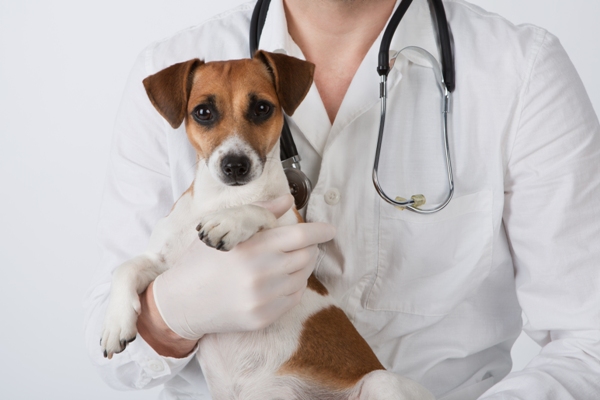
Prevention of Kennel Cough
Kennel Cough is extremely contagious and can spread rapidly. Animals may remain infectious for long periods of time even after the symptoms have cleared up. If your pet is in a household with a number of other animals, it is essential to quarantine the affected pet. Keep other animals away from the infected animal’s food as the condition can spread by sharing water, kennels or feeding bowls.
If you plan to go on holiday, do your research before sending your pet to a boarding kennel. You’ll want to find one that is happy to show you the state of their accommodation. Look for transparency as well as a high level of hygiene.
The best way to prevent Kennel Cough from developing in your home is to ensure that it is dust and dirt free and that the house is well-ventilated. Kennel Cough can develop from exposure to excessive levels of dust or cigarette smoke.
Speak to your veterinarian about vaccination options. Keep your pet’s records handy and seek advice on what vaccinations may be necessary to prevent Kennel Cough, particularly if your dog is at risk or you are going to require boarding. Vaccinations are also available for several of the agents known to be involved in kennel cough, including parainfluenza, Bordetella and adenovirus-2.
Find out more on Dog & Puppy Vaccination schedules & dog vaccination costs here.
Because it is difficult to predict the costs of veterinary care, it can help to have measures in place to help prepare for the unexpected. Pet insurance can help by covering a portion of the eligible vet bill if the unexpected does happen.Find out more about our pet insurance cover for dogs.
Commonly affected breeds
All cat and dog breeds can be affected by Kennel Cough. The condition is common and can affect even the healthiest of animals. Dogs who have frequent contact with other dogs, especially in enclosed or poorly-ventilated areas, are most prone to becoming infected, while young and unvaccinated dogs are also at higher risk.
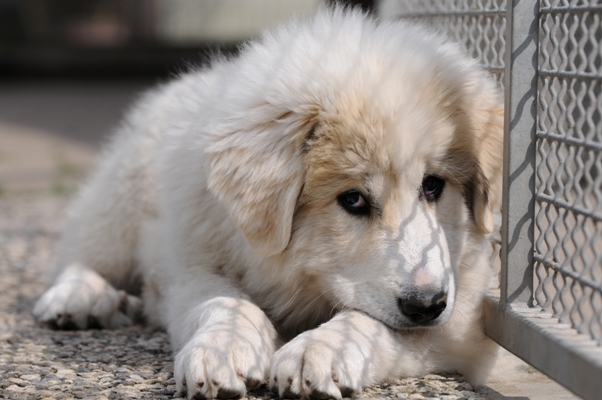
Interesting facts about Kennel Cough
- No matter how clean and well-maintained a boarding kennel may be, Kennel Cough can never be entirely prevented.
- The condition is as common as a cold or the flu and almost every cat or dog will come down with it at least once in their lifetime.
- The bacterium that causes feline bordetellosis – bordetella bronchiseptica – is the same kind that causes Kennel Cough in dogs.
- Poorly ventilated living quarters, paired with exposure to cigarette smoke and excessive levels of dust in the home can cause the onset of Kennel Cough.
- Many pet owners don’t know that taking your dog to a park with other animals will increase the chances of developing the condition.
- Most kennels will not board a pet without proof of a recent vaccination against parainfluenza and Bordetella, two of the main causes of kennel cough.
Bow Wow Meow Pet Insurance can help protect you and your dog should an unexpected trip to the vet occur.
-
Find out more about our dog insurance options
-
Get an online pet insurance quote
Bow Wow Meow is proud to have been awarded winner of Canstar’s ‘Most Satisfied Customers’ Award in the Pet Insurance category for both 2024 and 2025!
Bow Wow Meow is proud to have been chosen as Product Review’s Pet Insurance Award Winner every year from 2018 to 2025! This is based on 2,995 independent customer reviews (as at 21/01/2025), with an overall rating of 4.3*
Google Review rating = 4.5* (based on 968 reviews)
Trust Pilot rating = 4.6* (based on 531 reviews)
Bow Wow Meow is proud to have been chosen as Product Review’s Pet Insurance Award Winner every year from 2018 to 2025! This is based on 2,995 independent customer reviews (as at 21/01/2025), with an overall rating of 4.3*
Google Review rating = 4.5* (based on 968 reviews)
Trust Pilot rating = 4.6* (based on 531 reviews)
Bow Wow Meow has been chosen as a winner in the Finder Pet Insurance Awards 2024. Finder’s panel of experts analysed over 140 quotes to award our Ultimate Care Plan the winner of the “Pet Insurance – Value” category.




